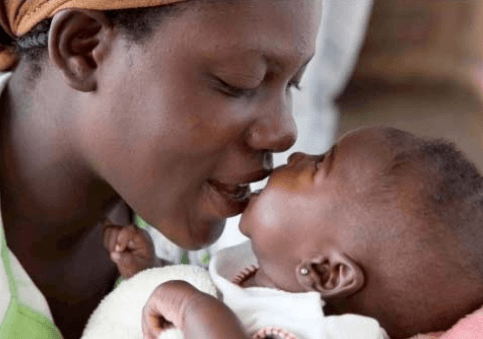Biovac and PATH partners to develop vaccine against infection in newborn babies
 A South African manufacturer will be the first in a low-resource country to develop a vaccine against Group B Streptococcus vaccine, a leading cause of severe infection in infants, the Bill and Melinda Gates foundation announced in a press release May 2, 2017.
A South African manufacturer will be the first in a low-resource country to develop a vaccine against Group B Streptococcus vaccine, a leading cause of severe infection in infants, the Bill and Melinda Gates foundation announced in a press release May 2, 2017.
This will be a partnership between the South Africa–based Biovac Institute (Biovac), and PATH, an international health organization to develop a novel vaccine against Group B Streptococcus (GBS), with a grant support from the Bill & Melinda Gates Foundation.
The partnership was made known at the Innovation Effect Africa symposium held alongside the World Economic Forum event in Durban, the release said.
Biovac, a public-private partnership based in Cape Town, will be one of only three companies in the world and the only developing-country vaccine manufacturer to develop a novel conjugate vaccine against GBS, it noted.
GBS the release pointed out is a leading cause of severe infection in newborns and young infants in many countries, including South Africa. In fact, the estimated incidence of invasive GBS disease in South Africa is among the highest, with 2.38 cases per 1,000 live births.
It adds that while people of all ages can contract the GBS bacterial infection, newborns are more susceptible and vulnerable to this potentially deadly infection—particularly as an estimated one in four pregnant women carries the GBS bacterium, which can be passed to babies during birth. In parts of the developing world, mortality rates can reach as high as 38 per cent and babies who survive the disease are often left with lifelong disabilities such as deafness, blindness, and developmental delays. GBS may also play a role in miscarriage and stillbirth.
Additionally, preventative antibiotic treatment given to mothers before birth can successfully prevent early-onset of GBS in newborns, but this option is not available in most resource-limited countries—and it doesn’t always protect against late-onset GBS, which can occur in the weeks or months following birth without any clear cause. .
According to the release, a vaccine against GBS would be revolutionary in that it would be given to pregnant mothers who would pass on the protective antibodies to their babies, ensuring protection at birth and during the first critical months of life (when late-onset of GBS disease is a risk).
It however, indicates that no licensed vaccines currently exist to protect against GBS infection. A GBS vaccine designed specifically for low-resource countries could provide a chance for all babies to get a healthy start in life, it adds.
Copyright © 2016 by Creative Imaginations Publicity
All rights reserved. This news item or any portion thereof may not be reproduced or used in any manner whatsoever without the express written permission of the publisher except for the use of brief quotations in reviews.
